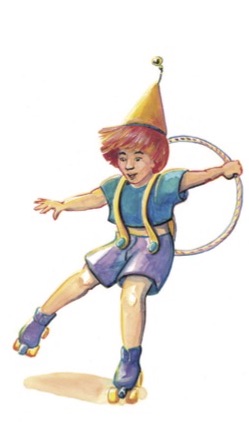In Germany you can buy our games everywhere where you can buy games and books

Playfully into a fairer world!
Change your game to change how you think!
The Problem
But where does it come from?
Our Approach
Moreover:
Many people are not aware of the structures of discrimination in our society. In the following section, we will try to give you some information about the different structures of discrimination that we address in our games and explain how we try to tear them down.
Structures of Discrimination
Sexism
Typically female?
Typically male?
Non-Binarity
Racism
Islamophobia
Maryam von EmBIPoC [original quote in German, translated by Spielköpfe]: “Muslim women who wear a hijab are often victims of discrimination, racism and stigmatisation. Last but not least, recurring debates about the hijab in connection with oppression, compulsion and backwardness are the main reason why Muslim women have to fight hostility in the German majority society and are often not taken seriously in professional and university life. In reality, it is no longer possible to imagine German society without Muslim women, which is why it is urgently necessary to represent them as well and to give them back the individuality they were denied and thus empower them.”
Antisemitism
Ableism
Sustainability
Highest Sustainability Standards:
fsc and cradle2cradle certified
climate-positive printing
plastic-free packaging
